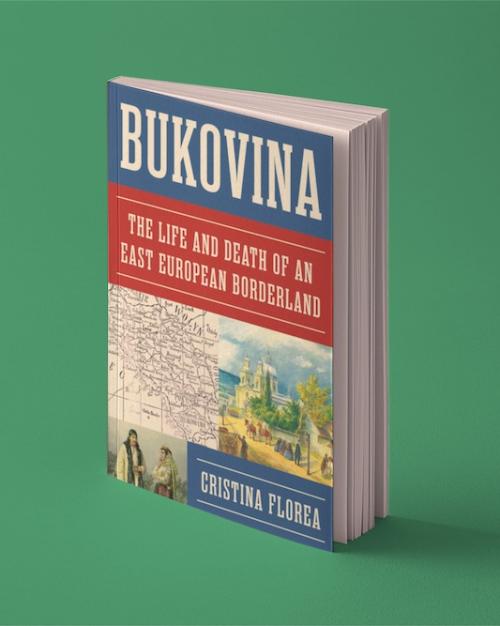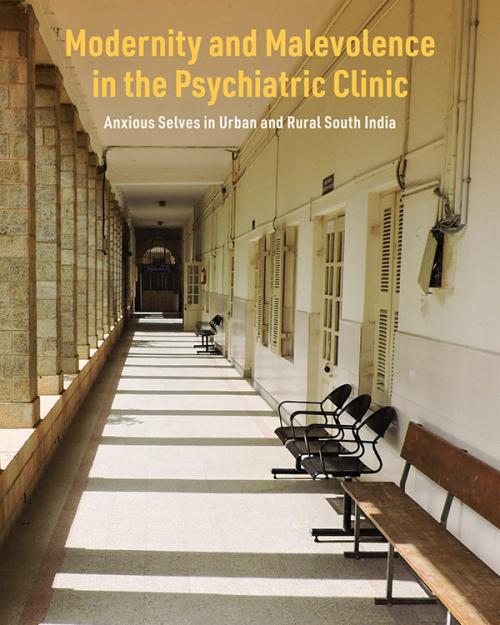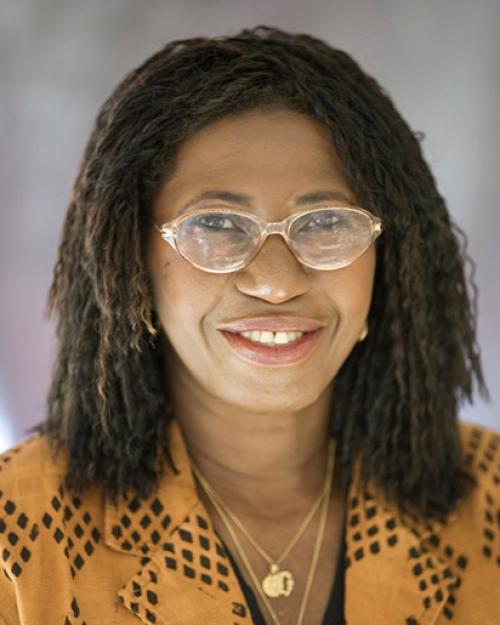COVID-19 may help us “think of a new turning point” in overturning established power structures and compelling people to reconsider borders, N’Dri Thérèse Assié-Lumumba, professor of Africana studies in the College of Arts and Sciences, said May 13 during a United Nations online forum.
The United Nations Educational, Scientific and Cultural Organization (UNESCO) invited Assié-Lumumba, along with women leaders and scholars from around the world, to contribute her perspective and expertise to “UNESCO Online Forum: Imagining the World After.”
“The coronavirus didn’t apply for a visa to travel across the globe,” Assié-Lumumba said in a nine-minute video. “We need to rethink the idea of borders, the idea of separation, and think instead of how we can come together as one human family, as a community.”
Even the world’s most powerful countries, economies and militaries have been humbled by the virus, she said, opening an opportunity for scientists, policymakers and citizens to redirect resources to improve human experiences. She said she hopes new systems of education emerging after COVID-19 will include previously marginalized voices and focus on the unity of humanity.
Assié-Lumumba chairs the scientific advisory committee of UNESCO’s intergovernmental Management of Social Transformations (MOST) program.
Read the story in the Cornell Chronicle.




